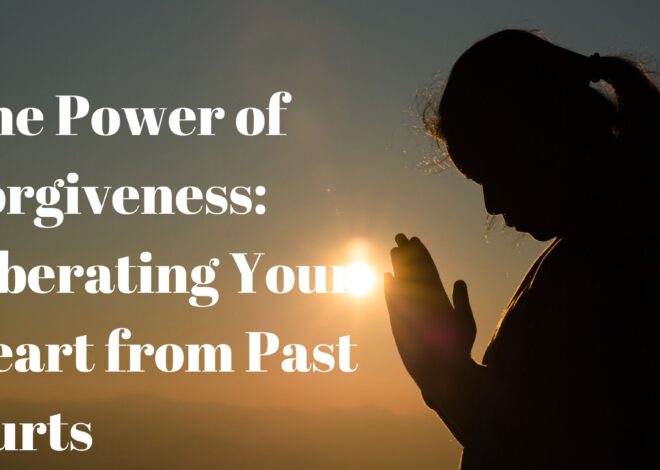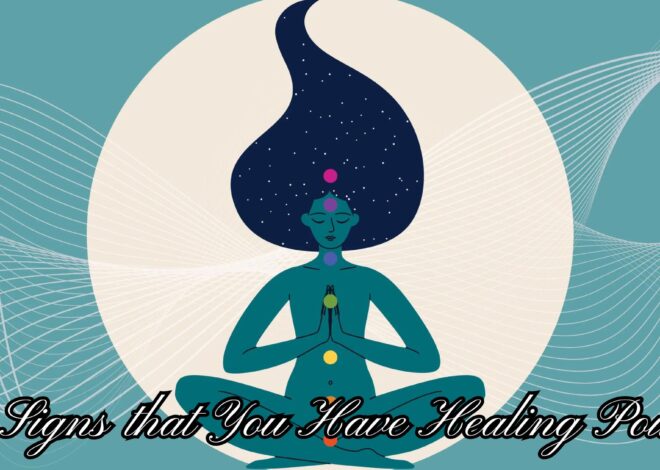
Listening to the Unspoken: Signs of Emotional Hurt in Women
Emotional pain can have profound effects and be difficult to communicate. Women frequently find it difficult to talk about their emotional suffering honestly, which makes them internalize their problems. It is critical for friends, family members, and coworkers to identify the warning Signs of Emotional Hurt and to foster a compassionate and encouraging environment that will aid in their healing. In this blog, we’ll look at the nonverbal Signs of Emotional Hurt in Women and discuss supportive and understanding responses.
1. Changes in Mood and Behavior
A discernible shift in attitude and conduct is among the initial indicators of emotional distress in females. They might withdraw, show symptoms of melancholy, or act irritably out of the blue. Understanding their emotional well-being can be greatly aided by observing changes in their usual manner.
2. Withdrawal from Social Activities
Women who are emotionally harmed may stop participating in social activities that they used to enjoy. They might say no to invites to parties or get-togethers because they would rather be by themselves. Their withdrawal may be a coping mechanism for their pain or a reaction to social interactions overwhelming them.
3. Increased Sensitivity
A woman who has experienced emotional hurt may be more sensitive to criticism or unfavorable remarks. Even seemingly insignificant comments that wouldn’t normally bother them could cause intense emotional reactions. It can be easier to establish a safe space for them to express themselves if you acknowledge and validate their feelings.
4. Changes in Sleep Patterns
Sleep patterns can be greatly impacted by emotional distress. Women may have trouble getting to sleep, remaining asleep, or even developing insomnia. Conversely, some people may oversleep in an attempt to numb their emotional suffering.
5. Loss of Interest in Hobbies
Losing interest in past interests or pastimes is another indication of emotional distress. It is possible for women to lose interest in things that once made them happy, which is a sign that they need help and understanding during this difficult time.
6. Frequent Tearfulness
Regular crying or crying for no apparent reason can be an external sign of emotional distress. Women may struggle to control their tears and feel as though their emotions are overwhelming them.
7. Physical Symptoms
Headaches, stomachaches, and body aches are examples of physical symptoms that can be a sign of emotional distress. These physical complaints may be related to emotional distress even though there may not be a clear medical cause for them.
8. Isolation and Avoidance
Women who are hurting emotionally might withdraw from people or refrain from talking about their emotions in public. Being understanding and patient is crucial, as is letting them know they can express their feelings without fear of being judged.
9. Increased Self-Criticism
When a woman experiences emotional pain, she could become extremely critical of herself and start to doubt her skills and value. Providing comfort and enhancing their self-worth can play a critical role in aiding their recovery.
10. Loss of Appetite or Overeating
Emotional distress can influence eating behaviors, resulting in emotional eating or appetite loss. Their mental and physical health may be significantly impacted by either extreme.
Conclusion
Sensitivity, empathy, and a compassionate heart are needed to hear the unspoken indications of emotional pain in women. It is our duty as friends, family, and coworkers to foster an atmosphere of safety and support so that women can freely express their emotions without worrying about being judged. Through identifying the telltale signs of emotional distress and providing a compassionate, nonjudgmental presence, we can support them on their path to emotional well-being and healing.
Let us remember that emotional pain is a valid and common human experience, and offering compassion and support can make a significant difference in someone’s life. Together, we can foster a world where emotional well-being is valued, understood, and prioritized.



